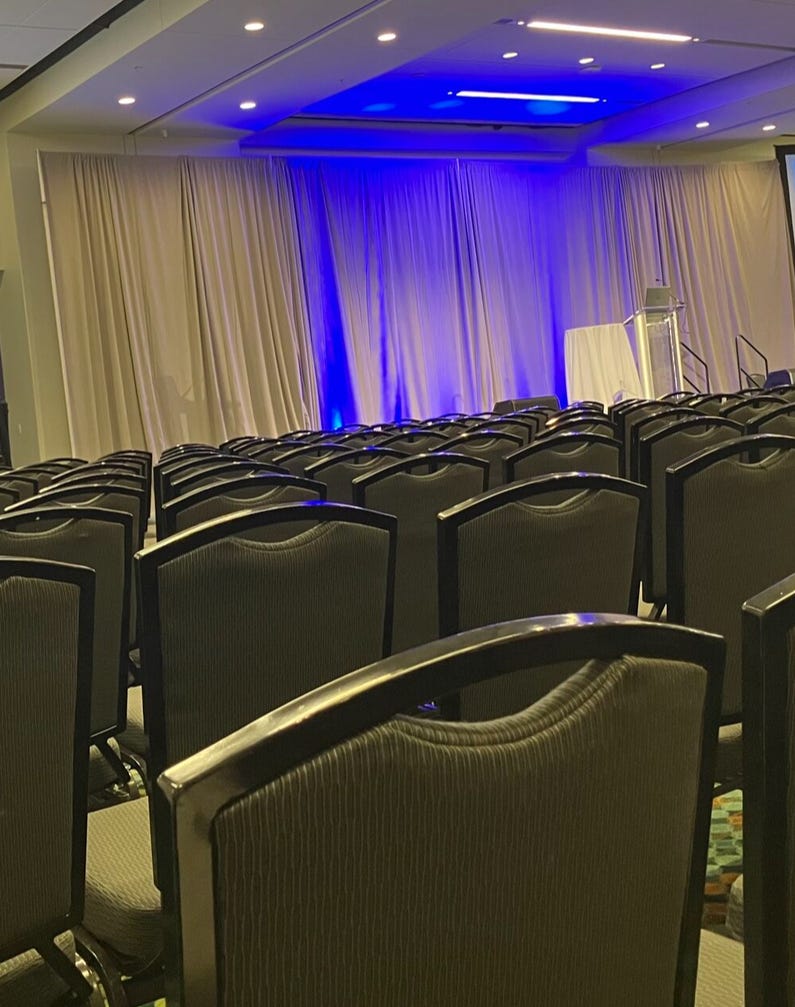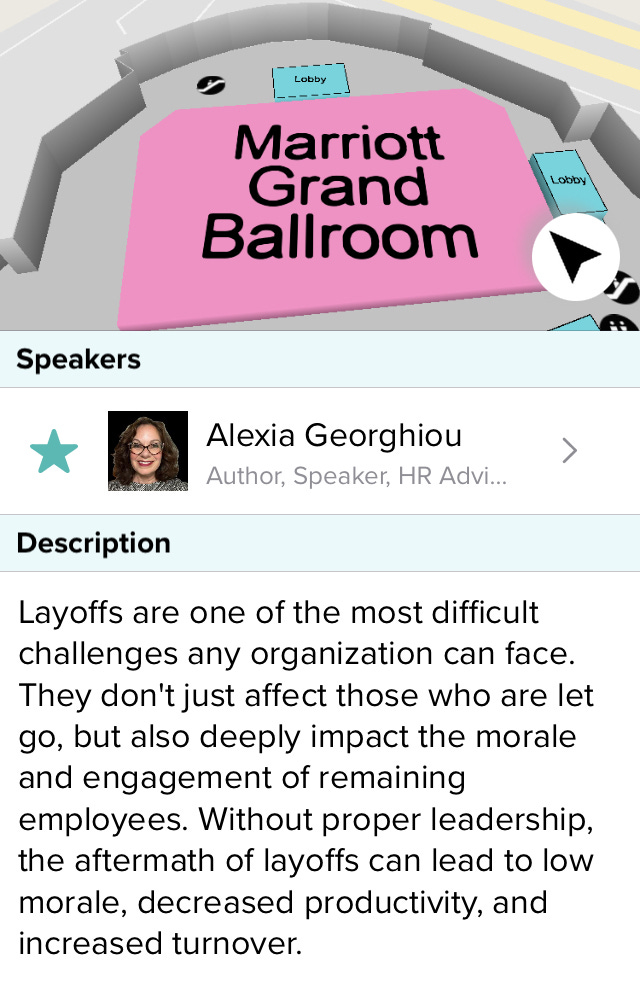Collaboration over Competition
My Story Series
It was my first national speaking engagement. My hotel was a five-minute walk from the venue. I arrived early to prepare and sat in the empty room where I’d be presenting. The tech person kindly turned off the sound until the doors opened 30 minutes before the session.
I visited the speaker room, but it was loud and crowded, so I returned to my space for quiet. When the doors opened, another speaker walked in. He was scheduled to present across the hall. He introduced himself, then told me—without hesitation—that he was actively directing people to attend his talk instead of mine. I laughed it off, unsure what else to do.
That same month, I had spoken about collaboration over competition and how competition often stems from insecurity. Later, I learned his actions cost me around 75 attendees—people who signed up for my session but never came.
What motivated him? I don’t know. But I do know what drives me.
I don’t see other speakers as competitors. I want to collaborate, to build community. I believe in the power of relationships, not games. This isn’t sports. This isn’t about psyching someone out. It’s about connecting with people.
I looked to see if that same speaker would be presenting at my next event. He is. His audience will be smaller than mine—by a lot. But I won’t rub it in. That’s pride. That’s not who I want to be.
I’m 55 and just getting started in this space. To be openly sabotaged before I even began was shocking. It showed me the kind of character I don’t want to model. His justification? I’ll never know. But I’ve learned: better boundaries, better preparation. No more speaker room. From now on, I’ll go straight from my hotel to the stage.
It saddens me to keep distance from other speakers, but emotional intelligence tells me to protect my energy.
If you’re reading this, let it be a reminder: collaboration builds, competition isolates. Choose to encourage. Choose character. That’s how you rise.



